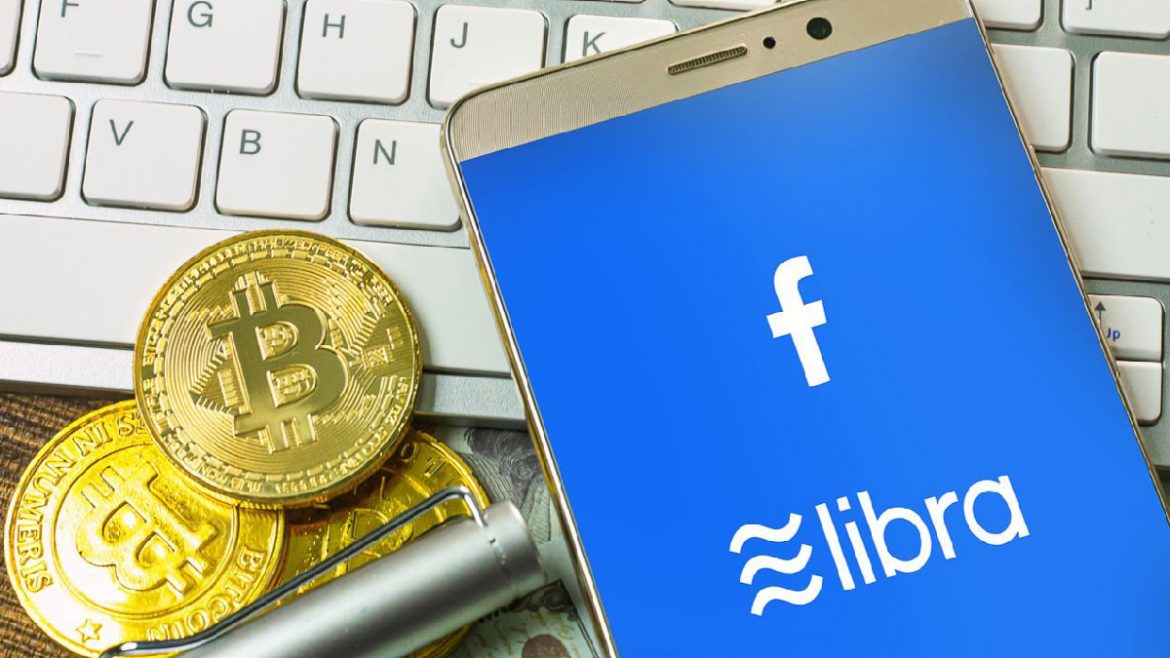By now, we’re all aware of Libra, Facebook’s ambitious bid to create a global cryptocurrency for promoting financial inclusion to help bank the unbanked. Surprisingly to some, the Libra project has more decentralization than expected by many experts. The social media giant finally revealed Libra’s percentage breakdown with Facebook’s consortium of partners named. The list includes Visa, Uber, and Paypal but it’s important to note that Libra has been mired in controversy ever since Facebook announced its launch.
In the battle to launch Libra, Facebook seems to have lost market share in India, China, and the European Union. China views Libra as a direct threat and the People’s Bank of China (PBoC), who announced their own plans to launch a digital currency. This push back certainly poses challenges for Libra but Facebook says Libra is here to stay.
Considering that Facebook has revealed the details of Libra, it is now clear that Libra will facilitate P2P transactions at a near-zero rate. It’ll be easy to buy or cash out Libra online or at Local Exchange Points like grocery stores and spend it using third-party wallet apps or Facebook’s Calibra Wallet. The public launch is scheduled for the first half of 2020. 50 percent of Libra’s basket will be in the USD. A German newspaper reported that the remaining 50 percent will consist of the Euro, the Yen, the British Pound and the Singapore Dollar with 18, 14, 11 and 7 percent respectively. Notably, the Chinese yuan will not be included in the basket due to rising tensions and the trade war between the U.S. and China.
The cryptocurrency will be governed by a consortium that won’t directly control it. The founding members of the Libra Association have invested a minimum of $10 million each into the project’s operations and the association will promote the open-sourced Libra blockchain and developer platform with its own Move programming language. Additionally, they will help on-board businesses to accept Libra for payment and even provide customers with discounts or rewards.
Facebook’s subsidiary company Calibra will handle its crypto dealings and protects users’ privacy by never mingling Libra payments with users’ Facebook data to avoid ad targeting. This comes with one caveat; Facebook will earn interest on users’ cash that is held in reserve as Libra, its stablecoin.
Libra’s plans may portray it as the new PayPal, however, there are threats to Libra’s launch in 2020. PayPal has long held the promise of disrupting the process of buying and selling by eliminating transaction fees common with credit cards and this comes dangerously close to Facebook’s ad business that influences what is bought and sold.
Competitors like Google could launch their own digital currency for online payments and track users’ spending, potentially impacting the billions of dollars spent on Facebook advertising. While we cannot speak to the motivation behind Facebook’s desire to launch Libra, the consortium of partners that have already invested $10 million to be a strategic partner sees the value of banking the unbanked and tapping into new markets with leading institutions and tech giants stepping in and accepting Libra as a store of value.
Disclaimer
Content provided by CryptoTraderNews is for informational purposes only, and should not be construed as legal, tax, investment, financial, or other advice. All information is of a general nature. As always, there is risk with any investment. In exchange for using our products and services, you agree not to hold CryptoTraderNews Pro, its affiliates, or any third party service provider liable for any possible claim for damages arising from decisions you make based on information made available to you through our services.
A Consortium Of Partners For Libra
previous post
